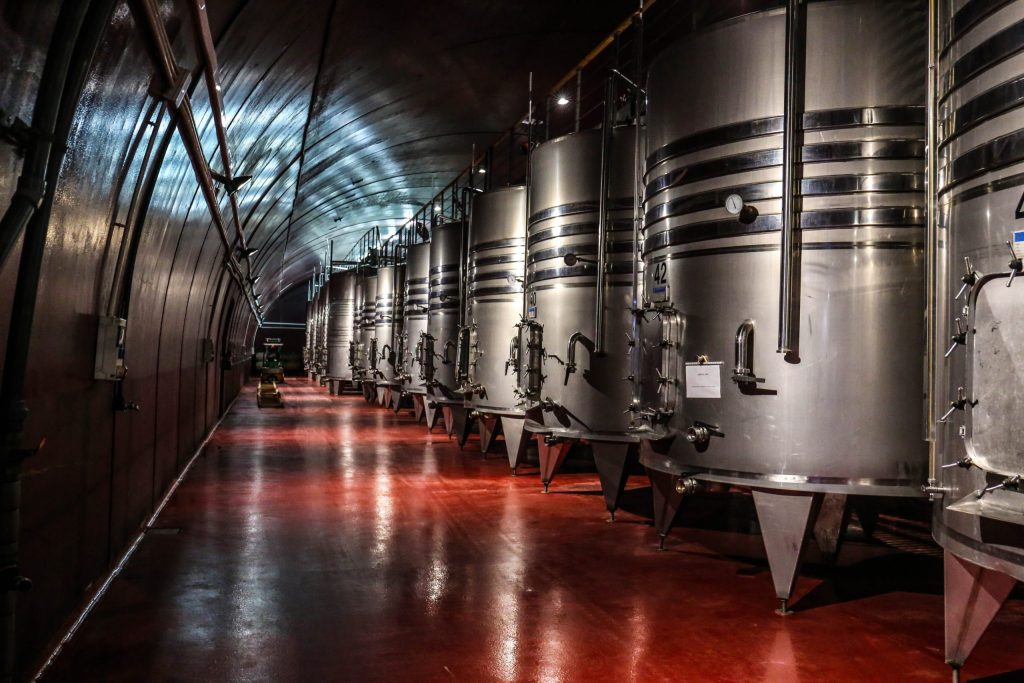By: The Posts Author | Posted on: 1 Apr 25
New Discourses Bullets, Ep. 112 There’s a political theory known as unbound executive theory. It originates with a German thinker, later turned Nazi, named Carl Schmitt. Schmitt, whose political theories were useful to Fascists and finds employment by the CCP in the People’s Republic of China today, believed that for a sovereign or chief executive to truly be sovereign, he must be able to exempt himself at need from the general rule of law. That is, the executive must be able to become unbound by law, including the national constitution. Schmitt argues this should take place under special emergency circumstances called
New Discourses Bullets, Ep. 112 There’s a political theory known as unbound executive theory. It originates with a German thinker, later turned Nazi, named Carl Schmitt. Schmitt, whose political theories were useful to Fascists and finds employment by the CCP in the People’s Republic of China today, believed that for a sovereign or chief executive to truly be sovereign, he must

By: The Posts Author | Posted on: 16 Jul 21
Yesterday I raised the idea of using a colony of different organisms that have evolved to collaborate as a single entity as a metaphor for new forms of organisation. In that first post in respect of physical workspace I referenced using the familiar, in a modified context to cope with the familiar. I started there as the question of physical and virtual options is at the heart of much current discussion on what I think is wrongly titled hybrid working. I reminded readers of my definition of resilience (which includes as a subset those designed anti-fragile) as survival with continuity of identity
Yesterday I raised the idea of using a colony of different organisms that have evolved to collaborate as a single entity as a metaphor for new forms of organisation. In that first post in respect of physical workspace I referenced using the familiar, in a modified context to cope with the familiar. I started there as the question of physical

By: The Posts Author | Posted on: 15 Jul 21
I am indulging myself a little with the title to this post. For those who don’t know it describes a type marine entity which, while it appears to be a single organism is in fact a colony of different zooids that are different morphologically and are functionally specialised. One of the best examples is the Portuguese man o’war pictured left. They have no means of propulsion but drift with the tides and if washed up can cause a beach to be closed as they are very poisonous. That is the theme of The adventure of the Lion’s Mane one of the
I am indulging myself a little with the title to this post. For those who don’t know it describes a type marine entity which, while it appears to be a single organism is in fact a colony of different zooids that are different morphologically and are functionally specialised. One of the best examples is the Portuguese man o’war pictured left.

By: The Posts Author | Posted on: 18 Jan 21
In 2021, the Cynefin Centre hopes that we can start introducing and highlighting the work carried out by our members more than ever before. Today’s blog post offers the stage to a project looking at experiences of the pandemic all around the world. Catherine Russell explains: 2020 saw a transformative series of events that have shaken the status quo. Around the world, countries and individuals have been forced to adapt to both direct and indirect impacts of the Covid-19 pandemic. With vaccines now being distributed, and mitigation/adaptation strategies evolving, there is hope we may soon be able to shift the
In 2021, the Cynefin Centre hopes that we can start introducing and highlighting the work carried out by our members more than ever before. Today’s blog post offers the stage to a project looking at experiences of the pandemic all around the world. Catherine Russell explains: 2020 saw a transformative series of events that have shaken the status quo. Around

By: The Posts Author | Posted on: 7 Jan 21
It is 2021, and many of us don’t know quite what that entails. Most were very glad to see the back of 2020, and many colourful, expletive-filled goodbyes were said. As this happened, I and many others reminded ourselves that 2021 will be just as difficult, if not even more demanding. What a moment then to introduce new things! Can we still muster the energy to think about them? To me, the answer has to be “more than ever”. One of the reasons the transition from ’20 to ’21 has been so challenging is that we still don’t know what
It is 2021, and many of us don’t know quite what that entails. Most were very glad to see the back of 2020, and many colourful, expletive-filled goodbyes were said. As this happened, I and many others reminded ourselves that 2021 will be just as difficult, if not even more demanding. What a moment then to introduce new things! Can

By: The Posts Author | Posted on: 30 Jun 20
In Part 1 we discussed why Covid-19 has impacted industrial livestock farming. Here we discuss the rise of the new protein industry in a post-Covid-19 world. Covid-19 is accelerating the collapse of the old system and the growth of a new one. Will Covid-19 speed up the replacement of livestock with a new system of agriculture? The short answer is yes. Aside from adding immense, crushing pressure to the farming industry, Covid-19 has highlighted the need for continuing food innovation as an essential component of a resilient food system. Early entrants have already proven that new production models are
In Part 1 we discussed why Covid-19 has impacted industrial livestock farming. Here we discuss the rise of the new protein industry in a post-Covid-19 world. Covid-19 is accelerating the collapse of the old system and the growth of a new one. Will Covid-19 speed up the replacement of livestock with a new system of agriculture? The short answer

By: The Posts Author | Posted on: 30 Jun 20
In Rethinking Food & Agriculture, published in 2019, we predicted that there will be 50% fewer cows in the US by 2030 and that by 2035 the livestock industry will be all but bankrupt. This was considered fast by many observers, but Covid-19 has since revealed the fragility of the global food supply chain, pulling back the curtain in dramatic fashion on its economic vulnerabilities and inefficiencies. This particular disruption of livestock happened because of an acute event, the pandemic, rather than the convergence of new technologies as we predicted in our report. But our analysis that the livestock industry
In Rethinking Food & Agriculture, published in 2019, we predicted that there will be 50% fewer cows in the US by 2030 and that by 2035 the livestock industry will be all but bankrupt. This was considered fast by many observers, but Covid-19 has since revealed the fragility of the global food supply chain, pulling back the curtain in dramatic







